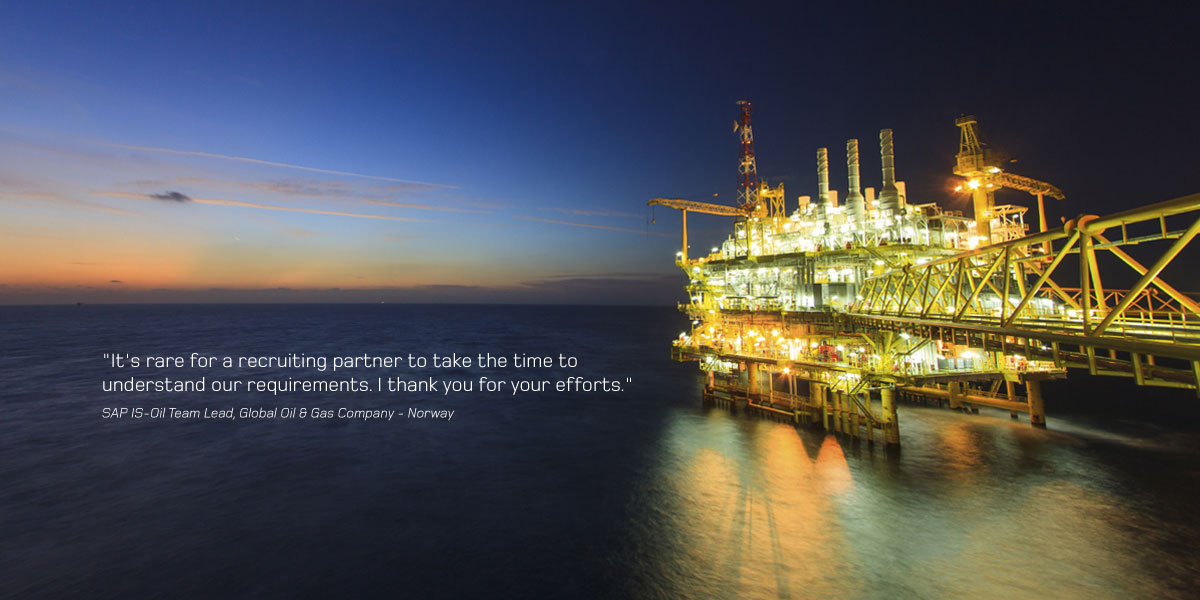The Courage to Disrupt: Innovation Secrets from Emperor Shaka Zulu
Dr. Nik Eberl looked at the legendary Zulu King Shaka to find out what makes a company successful. He summarizes his innovation secrets as The IziCwe Code.
When I first came to the shores of the Zulu Kingdom twenty years ago, I had the good fortune of meeting the famous historian Professor Mazisi Kunene who urged me to emulate what I had done in Germany for the Roman Emperor Nero – to separate fact from fiction – for the legendary Zulu King Shaka.
For the past 20 years, I have been digging through the archives, visiting the battlefields, and sifting through the propaganda of the history books to uncover the true legacy of the Great Emperor – a legacy that is best described by a term that has recently gained acclaim in the business literature of the 21st century: disruptive innovation.
King Shaka’s military innovations, from weaponry to battle formations and even revolutionary new societal norms, incorporate many of the strategies the world’s greatest innovators of recent times have adopted to conquer hitherto unassailable industries and build billion-dollar brands in record time – such as Uber, Airbnb, WhatsApp, and Instagram.
Commanding Isibindi: the Courage to Disrupt
Born out of wedlock and having been an object of scorn and humiliation throughout his childhood (10 years of which he spent in exile), Shaka developed the burning desire to become the king of the Zulu nation and regain his rightful place in society.
It was his mother, Nandi, who fostered Shaka’s great dream that one day he would become inkosi yamakhosi (king of kings), and the Zulu poets are telling us that she used to soothe her son with these words: “Never mind, my umlilwane (little fire), you have got the isibindi (liver, meaning courage) of a lion and one day you will be the greatest King in the land. I can see it in your eyes. When you are angry, they shine like the sun, and yet no eyes can be more tender when you speak comforting words to me in my misery.” Shaka would harbor these words for years to come and seek encouragement to pursue his big idea.
The Courage to Persevere… Against All Odds
The courage to try again and again very much characterizes the innovation journey taken by Uber’s co-founder and CEO, Travis Kalanick. In one sense, Uber is the result of 14 years’ worth of entrepreneurial misadventures on Kalanick’s part. In 1998, he dropped out of UCLA to work on a peer-to-peer file-sharing program similar to Napster dubbed Scour. With funding from CKE Associates, Scour seemed headed for prime time. However, it wouldn’t end well. Hollywood studios served Scour with a lawsuit claiming a whopping $250 billion in copyright damages (the equivalent to Sweden’s GDP at the time). Though the suit would be settled for $1 million out of court, the company went bankrupt. Kalanick was scarred. He couldn’t watch a movie in theater for months, and the sight of a studio logo set his blood boiling.
His second venture, Red Swoosh also quickly ran into problems. Without his knowledge, Kalanick says his co-founder sought to abandon Red Swoosh and take the engineering team to Sony. Worse, the company ran out of money and Kalanick spent those years not paying himself, desperate to keep the business afloat.
That meant living with his mother again in Northridge, a suburb outside Los Angeles. At one Consumer Electronics Show, he slept in a rented Toyota Sienna, giving himself sponge baths in the restrooms of nearby casinos. “There weren’t a lot of ladies during that time period,” he jokes (an ex-girlfriend even calls him “the unluckiest successful entrepreneur ever”).
How Can You Source the Courage to Disrupt?
There are three primary reasons why industries end up getting disrupted – and each of them serves as a catalyst to sourcing the courage it takes to disrupt.
First, when the customer is being ripped off – very much like the customer experience before the days of Uber, when taxi operators many times were content to overcharge a passenger, not offer credit card facilities, and at times not even be forthcoming with change – in other words, paying next to zero regard to the customer experience.
Secondly, when the real needs of customers are not met by the industry. A great example is Airbnb who entered the market when the hospitality industry had gotten used to defining a great customer experience as a nice-enough room plus excellent service, forgetting that what most travelers really are craving for these days is an authentic experience and connecting with the locals, and not just the hotel staff.
Thirdly, when an established process has become the unquestionable norm in an industry and it takes an outsider to question – and radically improve – the efficiency of it. Most recently, the Californian startup Nebia disrupted the shower industry, when they invented a showerhead that provides the user with the same, if not better, experience of taking a shower and at the same time saves up to 70% of water consumed – obviously a ground-breaking innovation in an area like California that is drought ridden and has endured water restrictions for many years.
To learn more about Dr. Eberl’s forthcoming book “Disruptive Innovation: How Emperor Shaka Built the World’s First Billion Dollar App” and download the Disruptive Innovation Blueprint, go to www.disruptiveinnovationcentre.com.
Top image via Shutterstock
| Location: | Start Date: | ||
| Rate: | Duration: | ||
| Type: | Reference: |
Contact Details
To find out more about how eurpeople can cater for your needs contact us at the following:
London Office
eurpeople Recruitment Ltd
South Point House, 321 Chase Road
London, N14 6JT, United Kingdom
Middle East Rep Office
eurpeople ME Recruitment Ltd
PO Box 309, Girne
Mersin 10, Turkey












